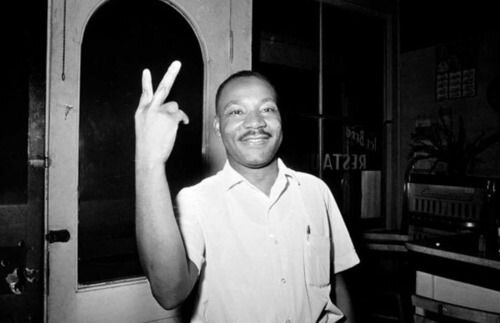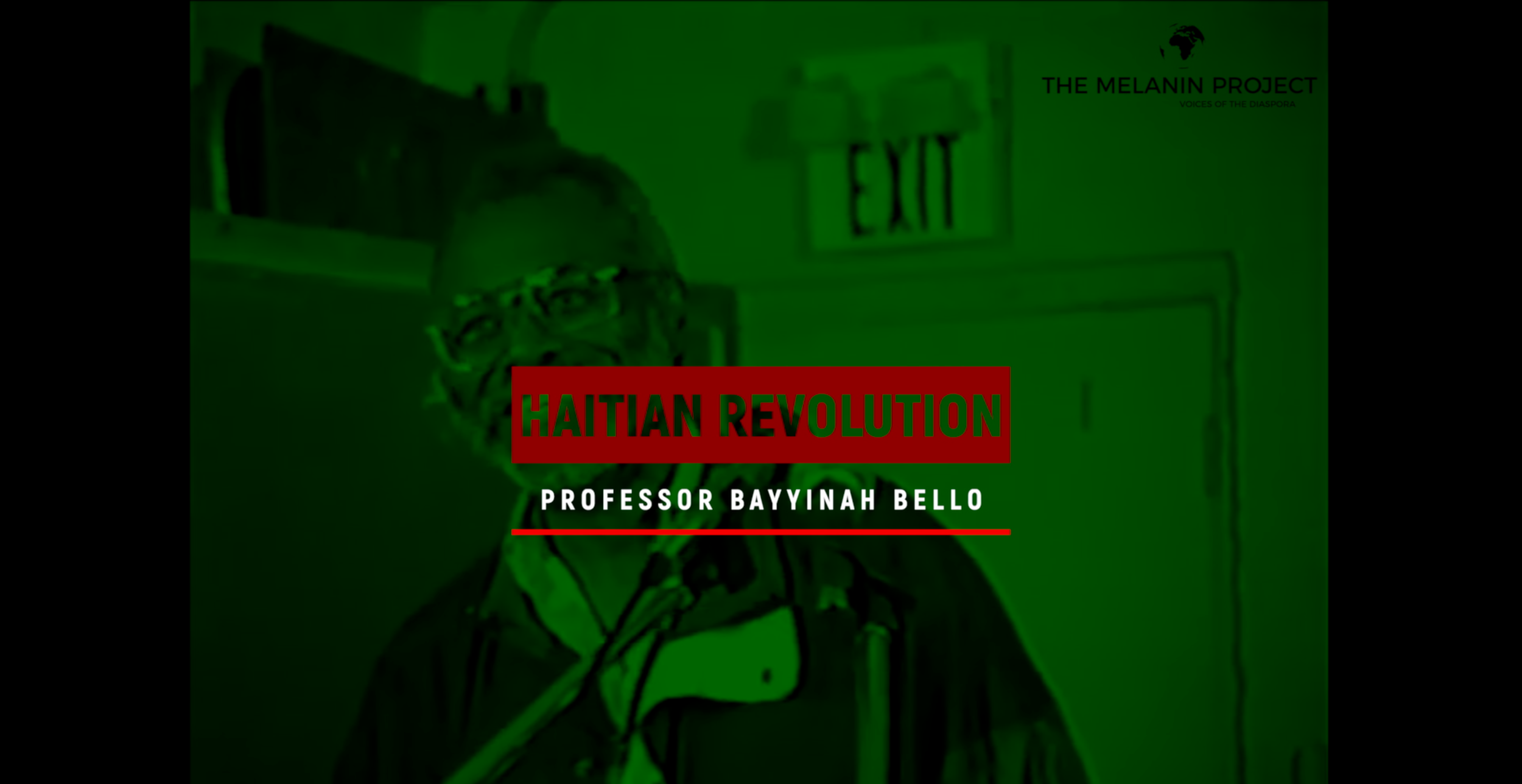Dr. James Smalls is an art historian, with a focus on the intersections of race, gender, and queer sexuality in the art and visual culture of the nineteenth century, as well as the art and visual culture of the black diaspora. He is the author of Homosexuality in Art (Parkstone Press, 2003) and The Homoerotic Photography of Carl Van Vechten: Public Face, Private Thoughts (2006).
Read MoreThe National Pan-Hellenic Council (NPHC) is a collaborative umbrella organization composed of historically African American fraternities and sororities. The nine NPHC Greek-letter organizations are sometimes collectively referred to as the "Divine Nine (D9)". The member/partner organizations have not formally adopted nor recommended the use of this term to describe their collaborative grouping. The NPHC was formed as a permanent organization on May 10, 1930, on the campus of Howard University, in Washington, D.C. with Matthew W. Bullock as the active Chairman and B. Beatrix Scott as Vice-Chairman. NPHC was incorporated under the laws of the State of Illinois in 1937 and is headquartered in Decatur, Georgia.
Read MoreOn Feb. 8, 1986, figure skater Debi Thomas became the first African-American to win the Women's Singles of the U.S. National Figure Skating Championship competition while studying as a pre-med student at Stanford University. She was the first Black woman to win a national figure skating title. Thomas also earned the distinction of becoming the first African-American to win a medal in any Winter Olympic sport when she won a bronze medal in the 1988 Winter Olympics in Calgary.
Read MoreOn Feb. 7, 1926, Carter G. Woodson, initiated the first celebration of Negro History Week which led to Black History Month, to extend and deepen the study and scholarship on African American history, all year long. Here is an essay on the history and purpose of Black History Month, followed by recommended articles and resources on Black history.
Read MoreOn this day that America loves to memorialize the great leader Dr. Martin Luther King Jr., we at The Melanin Project would like to highlight the Man in his wholeness. From his philosophy of non-violent protest that America loves so much, to his self-revelation of leading us into “a burning house”. (United States of America) It is well documented that those around Dr. Martin Luther King were armed to the teeth and were more than prepared to protect the civil rights leader. Most known for his Dream Speech at the Capitol, there are many other speeches that detail the thought and radical approach to Dr. King’s aspirations for this country as well as his people. Most notable of those speeches was his talk of “The Other America”. The Capitol Riots in comparison to the Black Lives Matter riots just months earlier show case and point that there is very little difference from the 60’s to nearly 70 years later how America as a whole doesn’t see African Diaspora as equal culturally, monetarily, or legally.
Read MoreThis is Haitian Professor Bayyinah Bello’s full lecture on the Haitian Revolution of 1791. Led by Dutty Boukman, Jean-Jacques Dessalines, Toussaint Louverture the revolution toppled one of the greatest empires known to man and change the course of history.
Bayyinah Bello is a Haitian historian, teacher, writer, and humanitarian worker, who in her earlier career spent 15 years living and traveling in West Africa, including four years in Nigeria, as well as in Benin, Togo, and other countries in the region.
Read MoreIn 1973, journalist Tony Brown hosted a “Black Journal” television special featuring the time’s most prominent Black leaders. Audiences were tuned into a roundtable that included thought leaders such as Kwame Ture, formerly known as Stokely Carmichael; Fannie Lou Hamer, and Angela Davis. Other voices included politicians such as Congressman Louis Stokes, then of the Congressional Black Caucus; and Manhattan Borough President Percy Sutton while organizations such as the National Business League, National Urban League, and NAACP were represented by Berkeley G. Burrell and James D. Williams, respectively.
Read More






